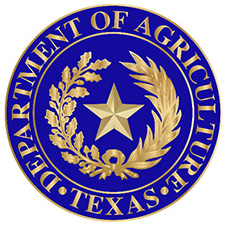Crop insurance cap could save billions
Billions in taxpayer dollars could be saved over the next decade if the 2023 Farm Bill puts a cap on federal subsidies paid to farmers who purchase crop insurance, according to a special report published Tuesday by the National Sustainable Agriculture Coalition (NSAC).
FDA chief sees ‘fundamental’ change in its food program
Food and Drug Administration Commissioner Robert Califf said Tuesday that he has taken a closer look at the FDA food program and concluded that “fundamental questions about the structure, function, funding and leadership need to be addressed.” The statement comes as criticism of the agency, spurred by the recent shortage of infant formula, has mounted.
Senate, mulling H-2A reform bill, stuck on rights provision
The Senate is reviewing bipartisan legislation that would overhaul and expand the nation’s H-2A program, which provides temporary work visas to hundreds of thousands of agricultural workers. Legislators who support the bill argue it would provide farmers with a more stable workforce and lower food prices for consumers. But some Republican lawmakers are concerned that the legislation would grant farmworkers too many rights.
TODAY’S QUICK HITS
A climate emergency: As hopes for climate action in Congress stall, President Biden weighs declaring a national climate emergency. (Washington Post)
EPA finds insecticide impact: The EPA released a draft evaluation showing that the insecticide sulfoxaflor is potentially putting 24 species of insects in jeopardy of extinction, including Karner blue butterflies and American burying beetles; the insecticide is also highly toxic to bees. (Center for Biological Diversity)
Europe’s heat: Scientists say heat waves in Europe are increasing in frequency and intensity at a faster rate than almost any other part of the planet, including the western United States. (New York Times)
Sri Lanka’s meltdown and organic ag: Commentators blamed the economic meltdown in Sri Lanka on the president’s ban on chemical fertilizers, but a host of other factors, including the collapse of foreign remittances, was largely to blame. (Politico)











